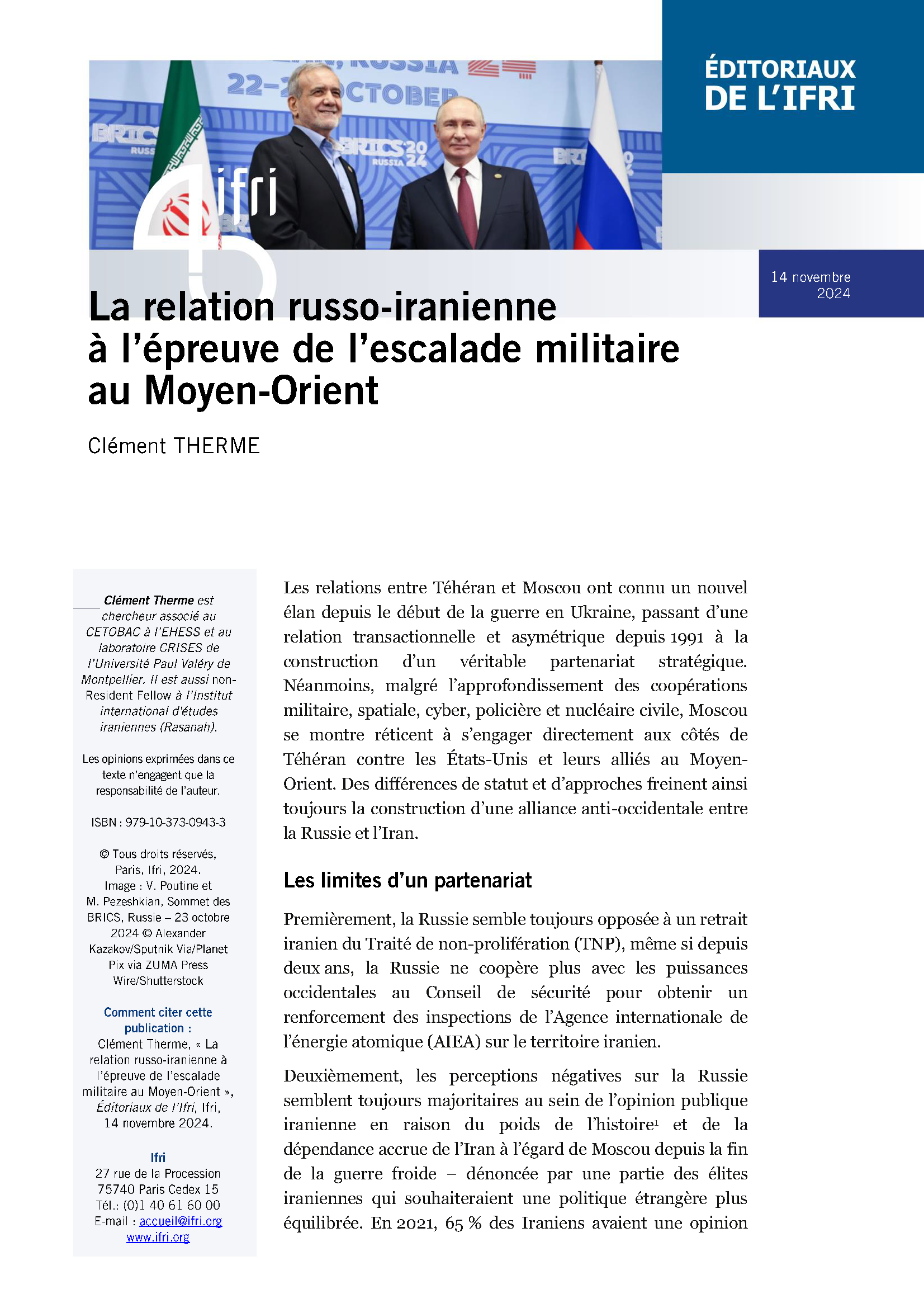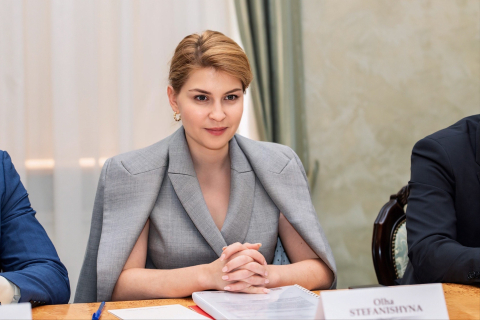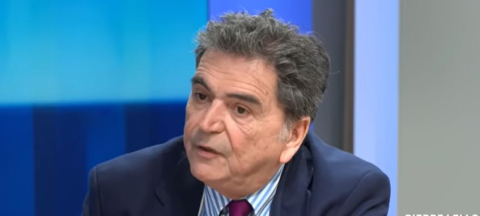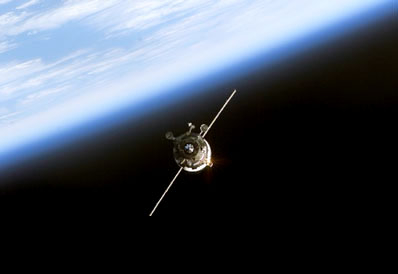
Informations pratiques
Les inscriptions pour cet événement sont closes.
En savoir plus sur nos programmes de soutienThe conference will provide a snapshot of the current governance of space programs in Europe. The first panel will explore structural issues: the implications of the Lisbon Treaty in terms of policy, the legal context for space activities in Europe and the burning topics of sustainable funding and procurement rules. The second panel will address the future governance perspectives of three important programs: Galileo, GMES and MUSIS. The last panel will focus on specific stakeholders of European space policy, addressing the future of national agencies, the space-related activities of the European Defence Agency (EDA) and the role of space in EU external actions. Last but not least, a keynote speaker will explain the current diplomatic activity around the adoption of an international Code of Conduct in space. Each panel will be followed by a debate with the audience.
8:30 - Registration and coffee
9:00-9:15 - Introduction: The basics of European space governance
Christophe VENET, Research Associate to the Space Policy Program, Ifri
9:15-11:00 - Panel 1: European space governance after the Lisbon Treaty
The first panel will explore structural issues: the institutional interplay between the various European stakeholders, the implications of the Lisbon Treaty in terms of policy, the place of national actors in the European governance scheme and the burning topic of sustainable funding.
Moderator: Agnieszka LUKASZCZYK, Space Policy Consultant, Secure World Foundation
. "Policy implications of the Lisbon Treaty and governance evolutions"
Gaëlle MICHELIER, Policy Officer, Space Policy & Coordination Unit, DG Enterprise and Industry , European Commission
. "The legal framework of space activities in Europe"
Tanja MASSON-ZWAAN, Deputy Director, International Institute of Air & Space Law, Leiden University
. "How to make space systems financially sustainable?"
Maria BUZDUGAN, Legal Officer, EU satellite navigation programs: Legal, Financial and Institutional Aspects, DG Enterprise and Industry, European Commission
. "Procurement rules: towards a third way?"
Rik HANSEN, Research Fellow, Leuven Centre for Global Governance Studies, Leuven Catholic University
11:00-11:30 - Coffee break
11:30-13:00 - Panel 2: Governance issues for specific programs
The second panel will address the future governance perspectives of three important programs: Galileo, GMES and MUSIS.
Moderator: Pierre-Henri PISANI, Representative for European institutions, CNES
. "EGNOS and Galileo: which governance for the operational phase?"
Gérard BRACHET, Consultant in space policy, Vice-President of the International Astronautical Federation
. "GMES: status and programmatic perspectives"
Josef ASCHBACHER, Head, GMES Space Office, European Space Agency
. "MUSIS: the promises and limitations of multilateral cooperation endeavors"
Olivier JEHIN, Editor of Europe Diplomacy and Defence
13:00-14:00 - Buffet lunch
14:00-14:30 - Keynote speech on the Code of Conduct for outer space activities
How is the international community warming up to the EU proposal?
Pierre-Louis LEMPEREUR, CODUN SPACE Chair, Non-proliferation and disarmament directorate, European Union External Action Service
14:30-16:00 - Panel 3: Entities and agencies in the wider European framework
The last panel will focus on specific stakeholders of European space policy, addressing both the space-related activities of the European Defence Agency (EDA) and the European Action Service (EEAS), and the future of national agencies.
Moderator: Laurence NARDON, Head of the Space Policy Program, Ifri
. "What is the future role for national space agencies?"
Jan KOLAR, Director, Czech Space Office
. "A growing role for EDA in space"
Denis TRIOULAIRE, Capability Manager Knowledge, European Defence Agency
. "How can space support EU external actions?"
Patrick CHATARD-MOULIN, Space Policy & Coordination Unit, DG Enterprise and Industry , European Commission
16:00-16h30 - Wrap up of the day
Michael SIMPSON, Senior Program Manager, Secure World Foundation
Sujets liés
Autres événements
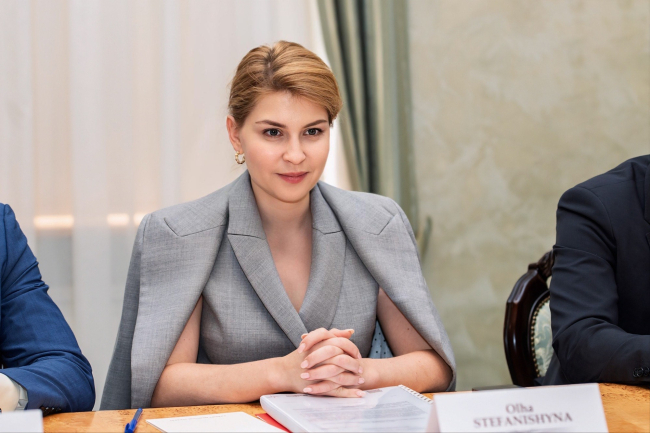
Entre guerre et réformes : quelles perspectives d’adhésion de l’Ukraine à l’UE et à l’OTAN ?
Conversation exclusive avec Olha Stefanishyna, vice-Première ministre d’Ukraine pour l’intégration européenne et euro-atlantique et ministre de la Justice.

Moyen-Orient : quel équilibre des forces ?
Après l'attaque du 7 octobre 2023, les réactions et les ambitions stratégiques des principaux acteurs – Israël, Hamas, Hezbollah - et de leurs alliés respectifs, au premier rang les Etats-Unis et l’Iran, exacerbent les tensions.
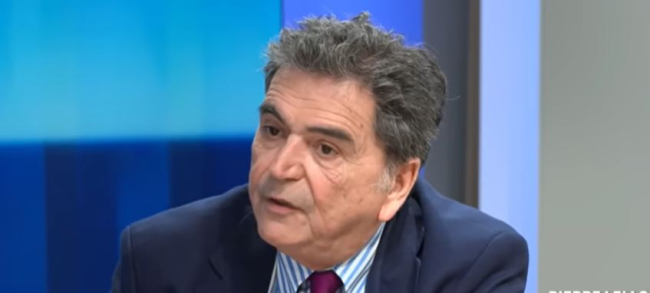
Petit-déjeuner débat avec Pierre Lellouche, ancien ministre, membre du Conseil stratégique de l'Ifri
Échange autour du livre de Pierre Lellouche "Engrenages. La guerre d'Ukraine et le basculement du monde", Paris, Odile Jacob, 2024.
Débat présidé par Thierry de Montbrial, président de l'Ifri, membre de l'Académie des Sciences morales et politiques


